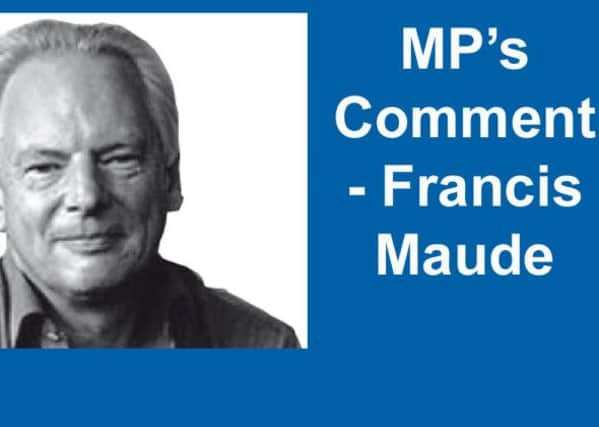Francis Maude: Healthy dynamic in mayoral system


Which of course means that MPs who are Ministers have a different role from those who are backbenchers. Broadly the same is true in local government. Portfolio holders in councils are drawn from the ranks of elected councillors. They sit in a cabinet, which takes the executive decisions on a collective basis, and these decisions are then scrutinised by councillors sitting in committees and in full council meetings.
These cabinet arrangements were introduced under the last Labour government; and many traditionalists disliked them. Many councillors felt that ‘backbench’ councillors were removed from decision-taking, which only took place in cabinet and in private. But in reality I wonder whether it was very much different under the previous system. I was a councillor under the old system in the City of Westminster many years ago. For some of the time I was vice-chair of the Housing Committee. The theory was that committee papers were produced by council officers which contained recommendations for the committee.
Advertisement
Hide AdAdvertisement
Hide AdThe committee could discuss the recommendations and take a decision. But the reality was that the officers’ recommendations reflected decisions already made by the chair and vice-chair of the committee. That didn’t mean you could automatically get the decision adopted by the committee. You had to persuade the members to adopt it.
But in a council where one party was likely to have a majority, you would be reasonably confident of getting your agenda through.
So the the chair and vice-chair of committees under that system were in reality like the cabinet minister and junior minister in national government. The formal cabinet system now in place in most of local government is arguably simply a recognition of how the system used to work in practice.
Of course it’s not the case everywhere. Some local government areas have executive mayors. These are directly elected, and appoint their ‘cabinet’, who may or may not be drawn from the council. The actions of the mayor and his or her team are scrutinised by the council. But the primary accountability of the mayor is not to the council; it is directly to the electors. The leader of the council is not chosen by the voters. He or she is elected generally by the largest party group in the council.
Advertisement
Hide AdAdvertisement
Hide AdSo a mayoral system is really like a presidency, with the council playing a role akin to that of Congress in the US. I think there are many attractions in such a system. The mayor becomes very much identified with the locality, and if carrying a party label at all tends to carry it quite lightly. It can create a very different dynamic, and in my view often a healthy one.